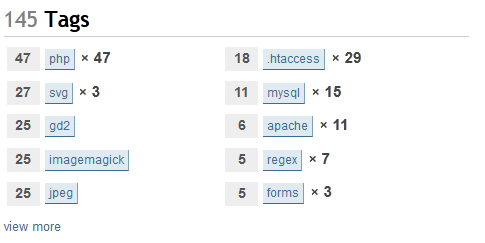I went to a Late Answers review queue that had four items in it and started reviewing the first one by editing it into shape rather heavily.
By the time I was done, someone else had reviewed the same post simply by upvoting it, so I only got a "Next" button, not an "I'm done" button. My edit still counted as an edit; but no longer as a review.
Worse still, the other three items were gone from the review queue as well. Curious, I checked the review tab in the profile of the user who had snatched the first review out from under me. Sure enough, he also "reviewed" the other three items, all within a minute, without even fixing obvious typos, simply by upvoting. I had to go through his review list and review every single post again.
Except, of course, my reviews didn't count as reviews anymore. My review count went up by zero. His went up by four — for fixing exactly nothing in posts that absolutely could use fixing. To add insult to injury, this was on a site where collecting four review points is incredibly hard because the review queues there are pretty much empty 24/7. (Edit: and now that that is also true of SO, we are seeing the same behavior here.)
So what we get are:
- Subpar answers that do not get fixed and get upvoted instead and disappear from the radar of the people who are actually capable of and willing to fix them.
- Fastest-gun-in-the-West, single-click, faux reviews that count towards rare Gold badges, while elaborate, actual reviews don't.
This is severely broken.
And I can't think of an easy solution that wouldn't break other things.
- Simply not letting upvotes count as reviews is not an option (it discourages upvotes not just on crap, but across the board; and some posts really are fine as is and deserve nothing but an upvote).
- Simply always counting a review as a review, even if someone else is faster to review the same post, introduces review-point inflation and only solves the problem for one faux review, but not for several in a row, as in the scenario above.
- Simply letting several people review the same item, like with suggested edits, is not really "simply" anymore, and introduces more review-point inflation still.
- Likewise, allowing people to reject or override other people's reviews as not substantial enough opens all kinds of cans of worms.
And so on and so forth. I really can't think of anything Solomonic. But perhaps someone else can.

